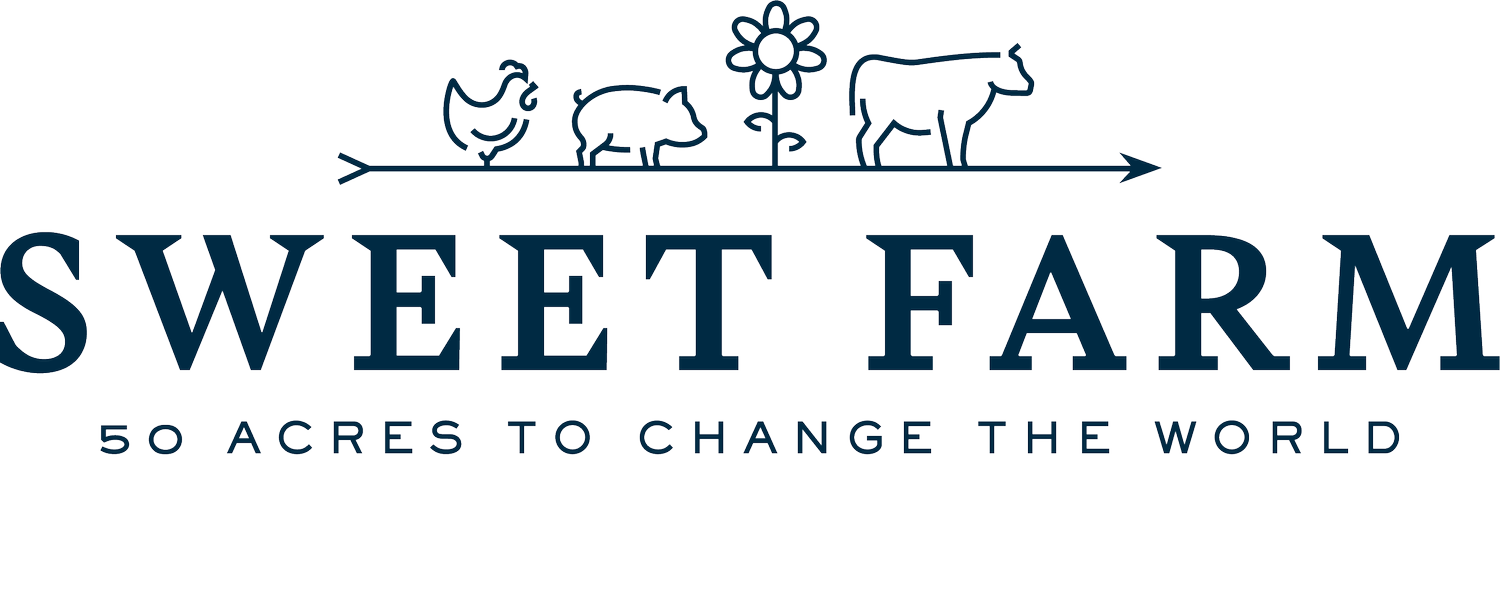Climate Tech Accelerator: Mission Barns
Sweet Farm was originally founded in 2016, beginning its life as a farm animal sanctuary. But it became clear almost immediately that our food and climate systems are so deeply intertwined that it was impossible to tell just one part of the story. Founded in the San Francisco Bay Area, Sweet Farm started getting outreach from incredible technology companies focused on highly scalable technologies that could positively impact the climate, that were looking for partners who were mission aligned and able to support them in their growth. As one of the few non-profits in the area with available farm land, an in-house technical team, and a focus on the climate, the Sweet Farm Technology Program was an obvious next step. Since 2017, we’ve supported companies with space for field trials, assistance in finding investment and strategic partnerships, and advisor services as their companies and technologies scale. Sweet Farm Climate Tech Partners have now raised over $600M in investment toward a climate-positive future.
Introducing Mission Barns
The factory farming of animals is one of the greatest threats to our planet. Animal agriculture generates more greenhouse gas emissions than all transportation combined and is a major driver of deforestation and waterway pollution. Livestock takes up nearly 80% of global agricultural land, yet produces less than 20% of the world’s supply of calories. Our current food system is unsustainable and needs a rapid, radical change.
That's why we're excited about the possibilities of alternative proteins ranging from plant-based, fermentation-produced, cultivated protein and their ability to make that seismic shift. As the world’s population grows, food production in developing countries will need to nearly double. With cultivated meat, just one animal—living freely—has the potential to feed millions.
Cultivated meat, also known as cultured meat, is genuine animal meat (including seafood and organ meats) that is produced by cultivating animal cells directly. This production method eliminates the need to raise and farm animals for food. Cultivated meat is made of the same cell types that can be arranged in the same or similar structure as animal tissues, thus replicating the sensory and nutritional profiles of conventional meat.
One of Sweet Farm's Climate Technology Accelerator partners, Mission Barns, is doing exactly that. Mission Barns partnered with Sweet Farm to create an ethically sourced cell line for cultivation into meat products without the harm. Sponsored by Mission Barns, Sweet Farm now provides a home and lifelong care to Dawn, the piglet who donated these initial few cells. She now lives freely and happily with many other rescued pigs at Sweet Farm.
“Sweet Farm has been a valuable resource for Mission Barns and in pushing the alternative protein industry forward by connecting us to leading partners, investors, and other startups, through events at the Farm, and their extensive network.” - Eitan Fischer, CEO of Mission Barns
Dawn playing with her friends
Why This Technology Will Help The Climate
While Dawn is living her best life at Sweet Farm, playing in the mud and running around with her pig best friends, her cells will go on to become food for millions of people. Cultivated Meat is expected to launch to the public in 2024, reaching millions of people with a more sustainable and cruelty free food option. Greenhouse gas emissions from the world’s top meat and dairy producers increased further this year, highlighting the urgent need for the food industry to clean its practices and help prevent global warming.




